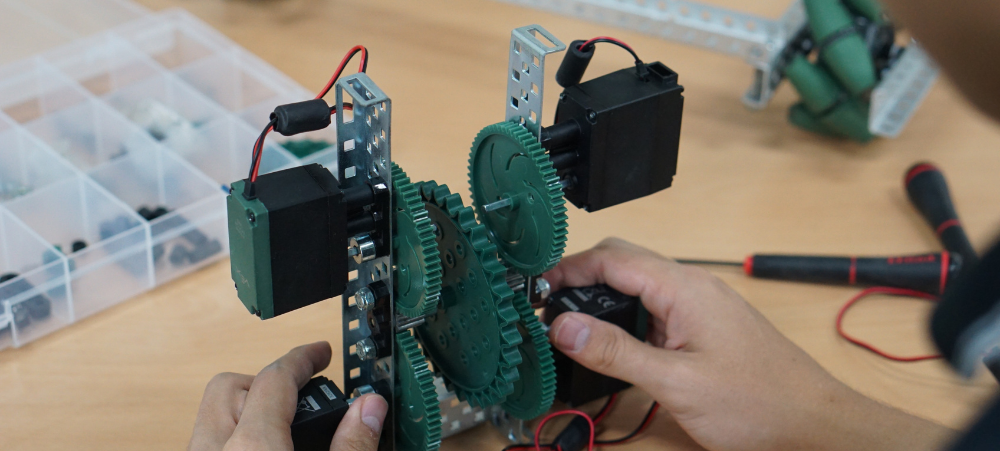Have you ever woken up in the morning and felt less motivated to get going? Maybe even irritable and just plain exhausted, or even frustrated for no reason? You may very well be experiencing Academic Burnout.
Academic Burnout is something that affects most learners, especially when you are putting in those extra hours to complete that every growing mountain of assignments and homework throughout the school year, and that prolonged state of stress. It is experienced through an increase in negative emotions, physical and mental reactions due to prolonged studding which can also results in exhaustion, frustration, a lack of motivation and reduced ability in school.
It is often caused by the accumulation of weeks of hard studying of the same material and back-to-back classes. Academic Burnout, however, is not to be confused with a student’s occasional feelings of frustration and fatigue from putting in hours of studying for and upcoming exam or pulling and all-nighter to catch up on missed work. Academic burnout is far more serious than this.
Academic Burnout can severely reduce your productivity, reduces all your energy which leaves you feeling hopeless, helpless, and resentful towards your educators, peers, and parents. These negative consequences from burnout often spills over into other areas of your life, including our personal and social life. Therefore, it is so important to understand what exactly academic burnout is and how to survive it.
Constant exhaustion, no matter how much sleep you get; disrupted sleep patterns or insomnia; a serve lack in motivation to either attend classes or complete homework assignments; loss of confidence in your academic abilities, frequently ill or somatic pians are just a few of the common symptoms to look out for that are associated with academic burnout.
But it’s not all doom and gloom. “There are ways to help prevent and manage Academic Burnout before it becomes too severe. The first step to treating Academic Burnout is to acknowledge it and understand that a change does need to be made to how you are current way of tackling school tasks and activities,” says Jessica Hart from Wingu Academy’s Wellness Hub.
Here are a few changes you can introduce:
- Make time for the things you enjoy:
Its important to remember that there is more to life then school and work. Use your weekends to spend time with friends and family, and to reconnect with the things that make you happy.
- Up the exercise:
Finding the motivation to get up and exercise can be tough. But its always important to remember that a healthy body equals a healthy mind – the two go hand in hand. Try being active at least three times a week and remember to stay hydrated and eat health.
- Welcome that fresh air:
Spending time outside in the fresh air and sunshine, will not only help your body produce that much needed vitamin D, but it will help reduce levels of stress and anxiety, helping you feel more relaxed, improve mental focus and concentration.
- Set reasonable goals for yourself:
Use a calendar or planner and organise what needs to be done in a way that allows you time to rest in between tasks. Trying to get a months’ worth of work done in one week is not going to benefit your grades or mental well-being. Set reasonable goals and stick to them.
Wingu Academy’s Wellness Hub offers guidance to all learners and parents on academic, well-being and mental health support. As an online home school we can offer education in a more relaxed environment in the safety of your home.
Enrolments are still open for January 2022 at Wingu Acadamy. Book a FREE consultation here: https://wingu-academy.com/book-now/ or visit https://wingu-academy.com/ for more information.
- A New Year of Innovation: Why 2026 Is the Moment to Choose a Trusted Online School - January 29, 2026
- January Admissions 2026: How to Ensure Your Child Is Registered with a Legitimate Online School - January 21, 2026
- Starting the Year Strong: How Online Schools Are Redefining Academic Support in 2026 - January 16, 2026





